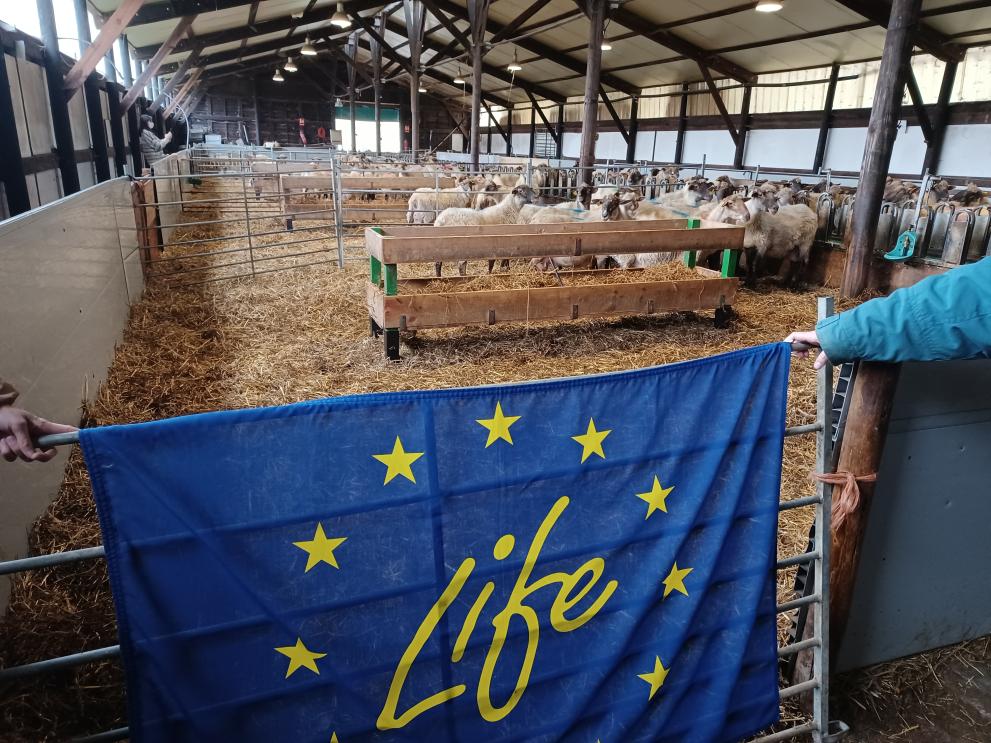
For millions of Europeans, mornings are kicked off by that first cup of coffee. In 2023, Europe consumed 53.7 million bags of coffee, at 60 kg each. One kilogram of coffee from a coffee machine generates around 2 kg of wet Spent Coffee Grounds (SCG), and a coffee capsule generates around 18 g of SCG. Our coffee habits have a heavy carbon footprint; globally, nearly hundreds of thousands of plastic capsules used in coffee machines are sent to landfill and will take many years to decompose. This SCG product is often used in fertilisers and energy generation, but around 46% is still sent to landfill or incinerated.
A LIFE project, LIFE ECOFFEED is turning wet SCG into livestock feed, which is usually made from imported soybeans and a hugely impactful process on the environment. By 2050, it is projected that the number of livestock in Europe will increase by 70%, and all these animals will need feeding. The wet SCG also has an additional surprising impact on the cows consuming it; their new caffeine diet reduces their methane emissions by 20%.
Focusing on by-products from the coffee and hospitality industries, LIFE ECOFFEED runs until 2024 and aims to collect and process 21 tonnes of SCG and 1.5 tonnes of coffee capsules for recycling. To date, 80 tonnes of experimental feed have been produced for dairy sheep and cattle and used in controlled diet trials. At the largest dairy farm in the Basque Country, Spain, for instance, about 150 cows and 48 ewes have been trialling this new feedstock. For sheep, 20% of SCG has been included into their feed formulation, and cow feed contains up to 10%.
The results have been positive, with no impact to the yield of milk from dairy sheep or its chemical quality. In fact, it has changed the milk fatty acid profile to a healthier one.
Not all the SCG are suitable for animals, but the project has found an alternative use for it by producing over 1 ton of pellets used as a fuel to increase the drying efficiency for the SCG destined for feed. Additionally, 375 kg of plastics and aluminium are being recycled instead of being sent to landfill or incineration.
All tests and trials have been completed for the project. The results and how this solution could be replicated in other regions will be demonstrated in a workshop at the VIII World Conference: Family Farming – Sustainability of our Planet, organised by the World Rural Forum on 31 March 2024.
LIFE ECOFFEED aligns to the Circular economy action plan.
Details
- Publication date
- 5 February 2024
- Author
- European Climate, Infrastructure and Environment Executive Agency

